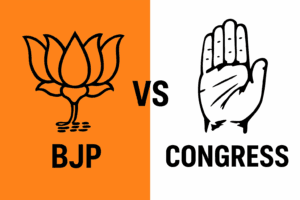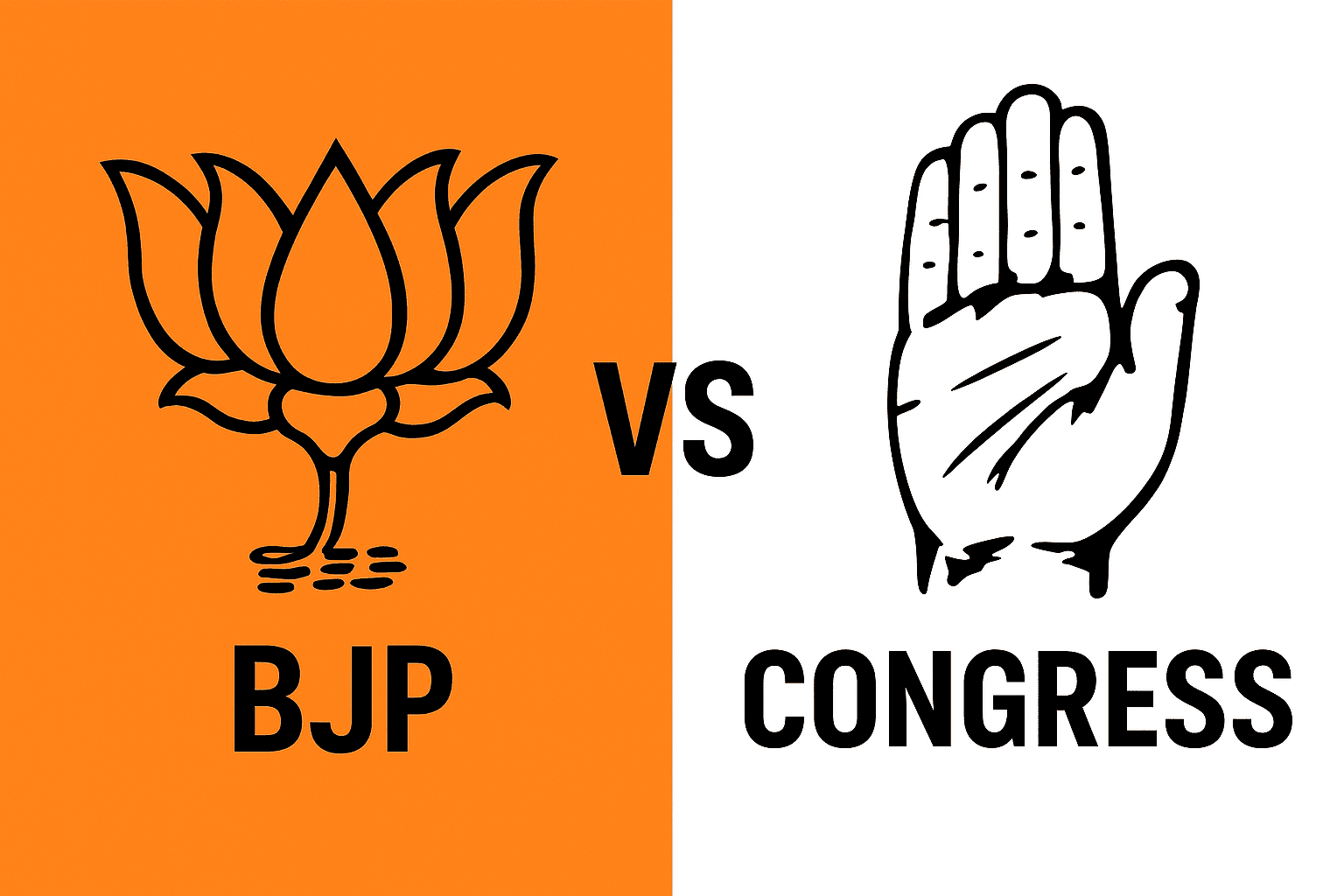Just as a receding tide signals the force of an approaching wave, India’s political landscape hints at change a subtle, yet unmistakable shift in perception.
The Receding Tide
In geological science, low tide is a precursor to a high tide. Similarly, in politics, signs of receding support often indicate that forces are realigning. Over the past decade, the NDA government, led by the BJP, has cultivated an aura of inevitability a party that wins, a government that delivers. But the mood across social platforms Reddit, Twitter, YouTube suggests that the public is beginning to differentiate between the talk and the reality of this aura.
Policy failures and missteps are now being openly discussed. From media coverage to social commentary, citizens are debating government actions with a critical eye. This scrutiny wasn’t as visible in the earlier years of the party’s dominance.
Cracks in the Aura
Several patterns explain the emerging fatigue:
- Politics, not Game-Changing Governance: People are realizing that this is a party doing politics no transformative game-changer, just messaging.
- Lack of Responsibility: Decisions are often high on rhetoric and low on accountability.
- Cultural Polarization: The Hindu-Muslim divide feels more pronounced, creating unease among citizens who remember a more balanced social climate.
- Avoiding Accountability: Leadership is increasingly avoiding public confrontations, even international ones from missing key summits like ASEAN to avoiding press scrutiny — creating a perception of fear or hesitation.
The BJP’s style of centralizing power, crediting all accomplishments to one figure, and sidelining dissent has magnified human error into an almost impossible standard, leaving little room for learning or course correction.
The Opposition Awakens
Meanwhile, Congress is quietly reclaiming ground. This isn’t due to extraordinary policy innovation, but because the BJP has drifted away from its role as a people’s party. After 11 years in opposition, Congress now has multiple cases and events to hold the BJP accountable real issues that people have lived through and experienced. The old reliance on “70 years of Nehru-era politics” no longer shields them.
The younger generation, particularly Gen-Z, is engaging in discussions online, noting Rahul Gandhi’s grassroots presence during the Bharat Jodo Yatras. Public perception is slowly shifting, and the conversation is moving from nostalgia and rhetoric to tangible accountability.
Accountability Over Nostalgia
The political advantage now tilts toward facts, examples, and lived experiences. Congress can point to the government’s shortcomings, while the BJP can no longer rely solely on its narrative of inevitability.
This is a turning point: the electorate is beginning to ask, what have you done over the last decade-plus to improve governance and meet public expectations? The opposition has space to frame these questions, and public discourse is increasingly echoing them.
The Edge of Momentum
The next general election in 2029 is still years away, but the current political climate is at an inflection point. NDA has the chance to course-correct, to reconnect with the ground, and to address internal fatigue. The momentum is not yet negative, but it stands on edge precariously balanced between continued dominance and growing scrutiny.
The lesson for both ruling and opposition parties is clear: the electorate is awake, observant, and ready to measure promises against reality. Political storytelling alone no longer suffices; actions and accountability matter more than ever.
Conclusion
India’s political tide is shifting subtly but unmistakably. The BJP’s golden streak is facing the natural test of scrutiny, fatigue, and expectation. Meanwhile, Congress, long in exile, is finding its voice through contrast, accountability, and grassroots visibility.
The high tide of 2029 is still to come. Whether it favors the incumbent or the opposition will depend on responsiveness, authenticity, and the ability to reconnect with the people not slogans or centralized aura. For the first time in years, India is watching, questioning, and ready to act.











